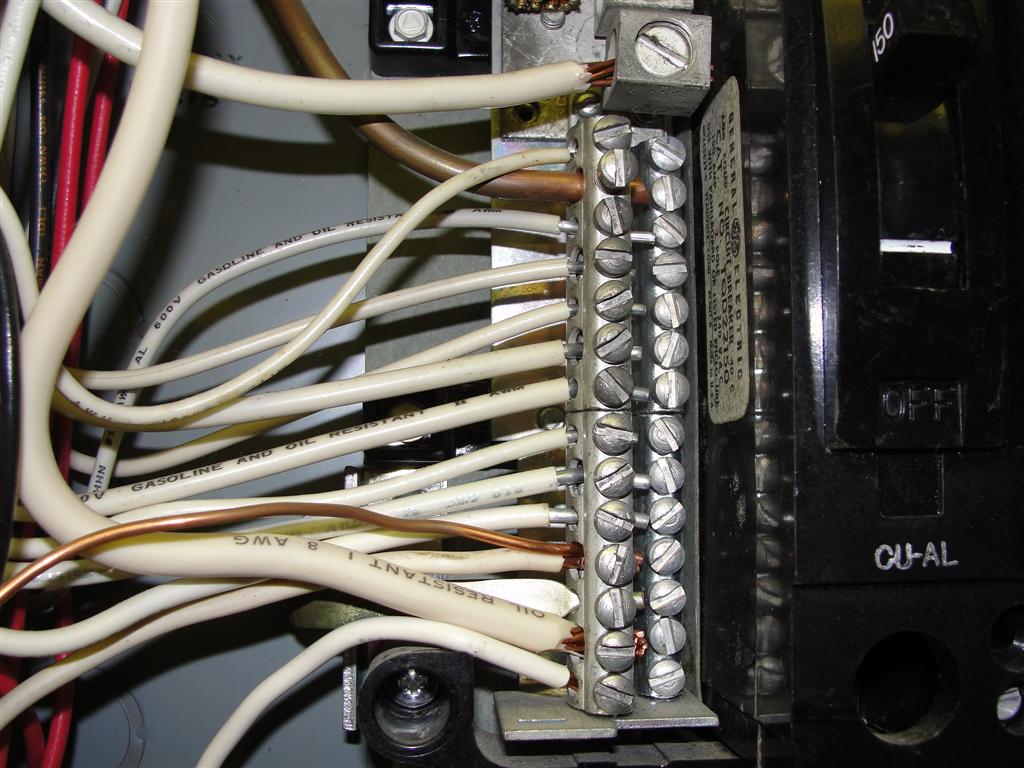When asked, most homeowners in Eugene would say that they are sure their home has copper electrical wiring. Many people have no idea that any other material has been used for residential wiring in the past half-century. Sadly, they are misinformed. For around a decade, from the mid-60s to mid-70s, some builders chose to save money by using aluminum wiring instead of the more costly copper. But the practice was discontinued due to the increase in fires and other hazards related to the aluminum wiring.
What Makes Aluminum Wiring Dangerous?
The most concerning aspect of aluminum wiring is that it gets much hotter than copper wiring. In addition, it is softer than copper and expands much more as it heats. You do not want the wires inside your walls and floors moving due to expansion and contraction. This movement was often to blame for loose wire connections and insecure connections inside electrical boxes and outlets. Finally, aluminum wire can rust, which inhibits its ability to transport electricity. So in a humid or moist environment, the wiring was not a suitable option.
After about a decade of use, all of these drawbacks were traced back to numerous avoidable safety and fire issues. In 2011, the Consumer Product Safety Commission released a study that determined that homes built before 1972 with aluminum wiring were 55 times more likely than houses with copper wiring to experience at least one electrical outlet fire.
Signs Of Aluminum Wiring
The primary concern for most homeowners is determining if they have aluminum wiring in their older homes. Some of the signs that you could have aluminum wiring include:
- Warm or discolored outlets from excessive heat build-up
- Arching or shocks when you plug items into the outlets
- Lights that often flicker throughout the house
- The smell of hot plastic or smoldering plastic or wire insulation
- Light bulbs that burn out too quickly due to the poor electrical connection
- A buzzing or humming sound near outlets or light switches from the excessive heat and poor wiring connection
You can also examine any exposed wiring in electrical boxes or outlet boxes. Aluminum wiring will have ALUMINUM, ALUM, or AL printed on the insulation.
The Benefits Of Rewiring
If you have not had issues with your home’s aluminum wiring, it might be harder to justify replacing it with copper wiring. But it is essential to realize that the longer the wiring is in your home, the more potential there is for a fire or other electrical damage. The study by the Consumer Product Safety Commission should be very eye-opening. This unbiased third-party study reveals the potential risk that other homeowners might not be willing to accept. So if you are planning to sell your home, rewiring with copper is a great investment that will increase the value of your home.
Call (541) 234-8864 to schedule an appointment with the electricians at Excel Electric. Our team will provide you with a competitive cost quote to rewire your home, removing the potential hazards of aluminum wiring.

